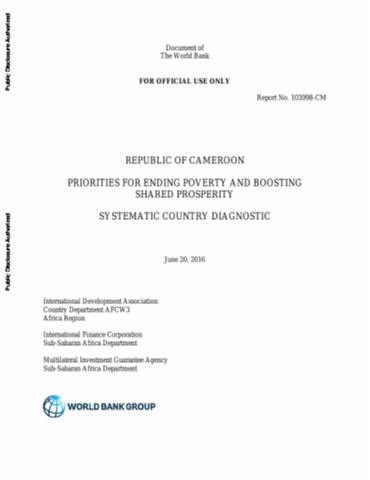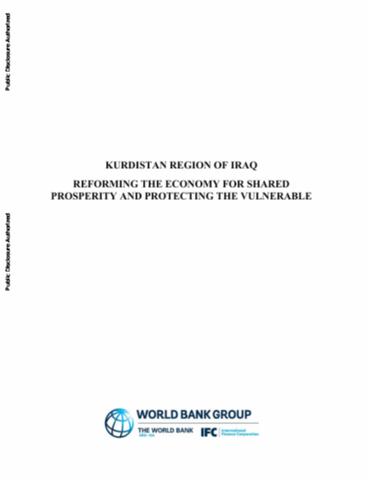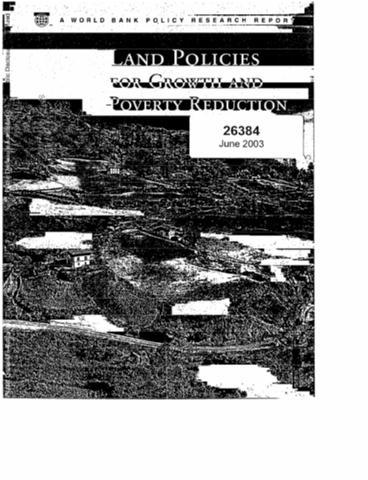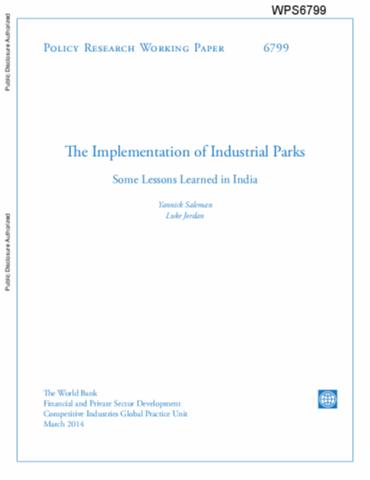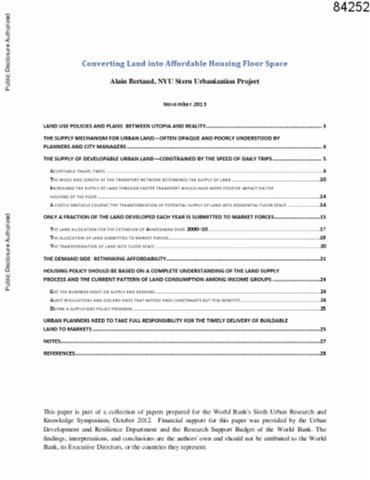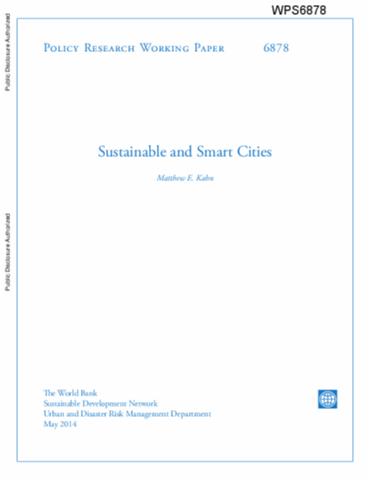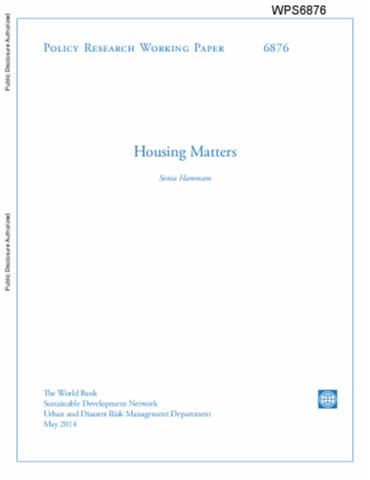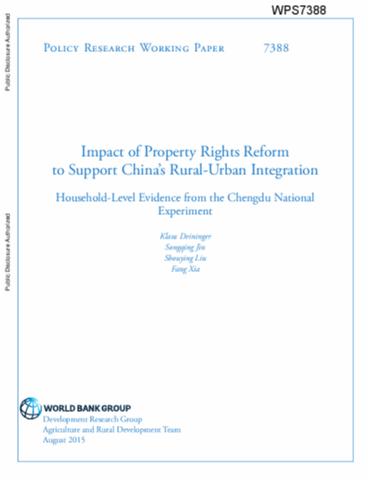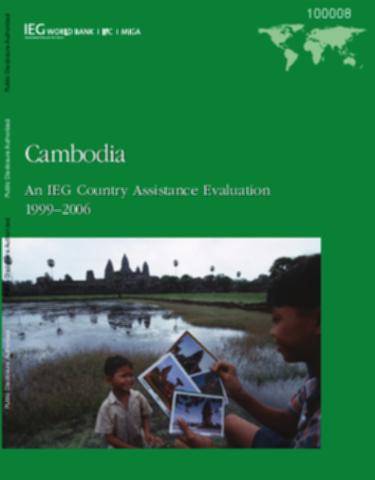Republic of Cameroon
Cameroon is a lower-middle income country with social indicators and levels of poverty which are below those for comparator countries. Large and rising inequalities between north and south, inefficiencies in public resource allocation and an adverse business environment explain this. While insecurity due to Boko Haram activities and rapidly rising public debt constrain efforts at poverty reduction, there exists a huge potential for economic growth and poverty reduction. This potential remains mostly untapped.

